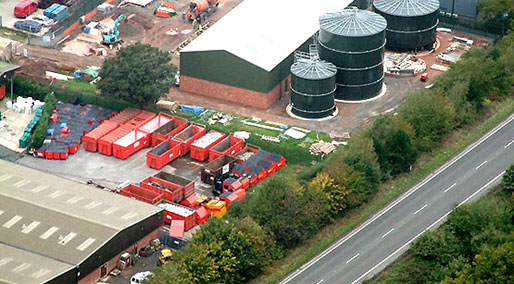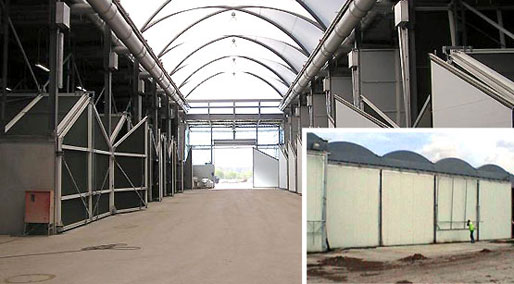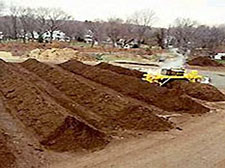A third of all the food that we buy ends up being thrown away - whilst some of this is tea bags and fish bones, most is perfectly good food that would have been eaten.
Organics Project - Food and Garden Waste
Contact details
Heads of the Valleys Waste Programme
Central Depot
Barleyfields Industrial Estate
Brynmawr
NP23 4YF
Tel: (01495) 311556
Fax: (01495) 312537
Email: Heads of the Valleys Waste Programme
Partners


Click on a logo to visit the Authority website
Did you know?
In Wales we buy, and then waste around £600 million on food that could have been eaten. That’s an average of £420 per household per year and for households with children it’s even more at around £610 a year.
By recycling your food waste you will reduce the amount of food in landfill sites. Rotting food in landfill produces methane gas which contributes to climate change and, as the cost of sending food waste to landfill is increasing, you will help the Councils and its residents save money too.
In Wales we throw away a staggering 410,000 tonnes of food and drink each year. 90% of us don’t realise how much food we throw away.
Current research suggests that about 40% (by weight) of the food thrown away that could have been eaten is fresh fruit and vegetables.
If we stopped wasting all this food, we could prevent enough carbon dioxide (CO2) emissions each year that would equate to taking 1 in 5 cars off Welsh roads.
Wales produces enough waste to fill the Millennium Stadium every 20 days. Our greatest challenge is to see this waste as a resource. Everything we throw away contains valuable materials and the potential to generate energy.
Latest recycling figures
Recycling and composting rates from the partners:
- Caerphilly 44%
- Torfaen 43%
- Blaenau Gwent 29%
The Heads of the Valleys Organics Project is a partnership between Blaenau Gwent County Borough Council, Caerphilly County Borough Council and Torfaen County Borough Council. The Authorities have joined forces to find a long term solution to deal with organic (food and garden) waste. There is an opportunity for the Partnership to lead by example in managing our waste as a resource and demonstrating our commitment to creating greener valleys and better places to live and work.
In Wales we throw away over 410,000 tonnes of food and drink every year. Authorities throughout Wales have begun to collect food waste from your doorstep. We now need to use the best technology to treat it.
The Heads of the Valleys Organics Project has considered a number of technology options for dealing with your food and garden waste.
There are three technology options available to the project these are In-Vessel Composting (IVC) and Anaerobic Digestion (AD) and Windrow Composting.
Technology Options
Anaerobic digestion
Anaerobic digestion is used to treat food waste. The technology copies a natural process by using naturally occurring microbes to break down the waste, and this produces a source of 100 percent renewable energy. It also produces digestate which can be used as a fertiliser and soil conditioner.
This is the Welsh Assembly Government’s preferred technology for treating food waste. At its most basic level AD technology works just like us. It takes in food, digests it and turns it into energy. The power to run the AD plant will come from the internal digestion process.

In Vessel Composting (IVC)
IVC is a process that treats food waste and garden waste at the same time. It is based on the natural process of composting. The waste is shredded and watered to create a moist material. The composting process is then intensified by pumping air and water into the waste while the temperature is closely monitored to ensure the waste stays at a minimum of 60 for 2 days. The IVC process provides a simple way of turning our waste into compost. This can be used to improve our parks and gardens.


Windrow Composting
Windrow Composting is a process that treats garden waste. The waste is shredded and screened to remove contaminants. The composting process is a biological process of organic waste in the presence of oxygen by micro-organisms in an open-air environment. The process produces compost used in agricultural, horticultural and land reclamation projects.



